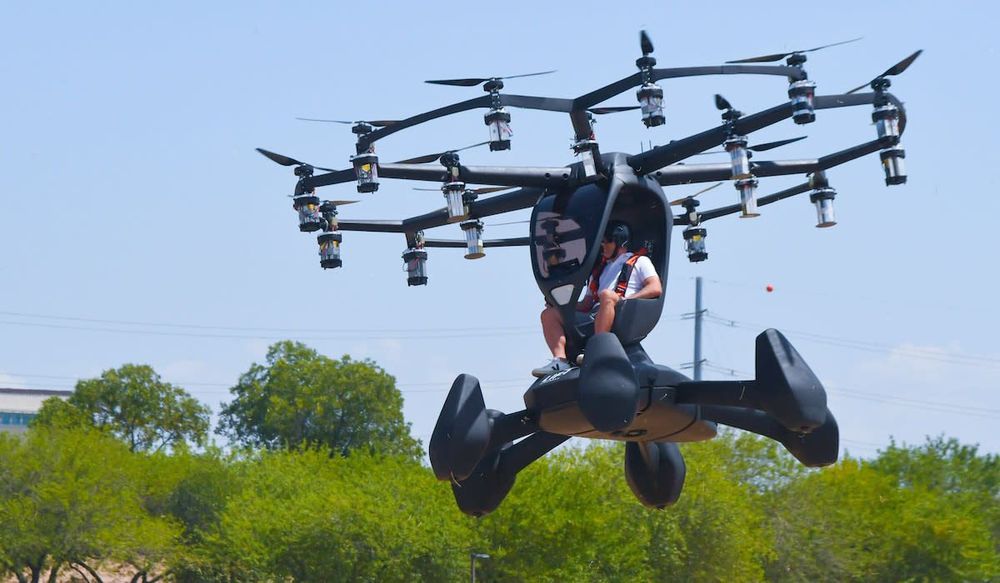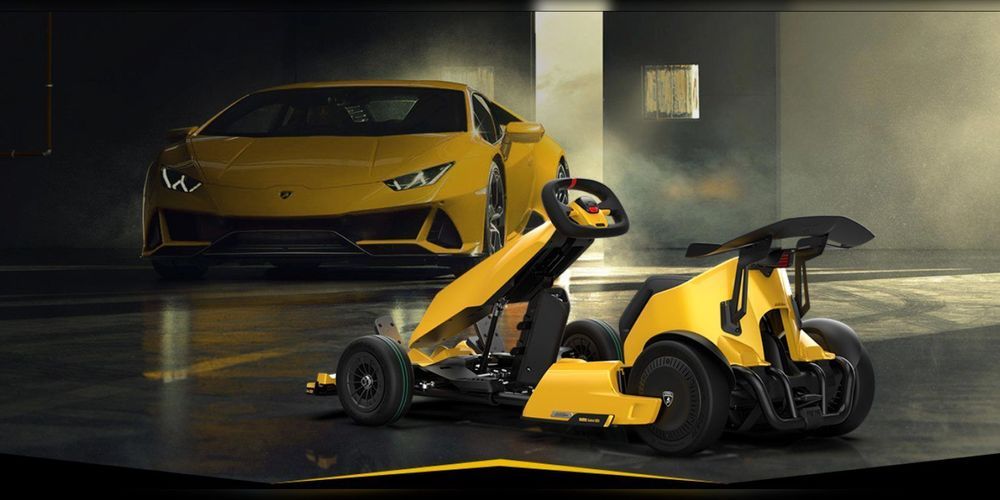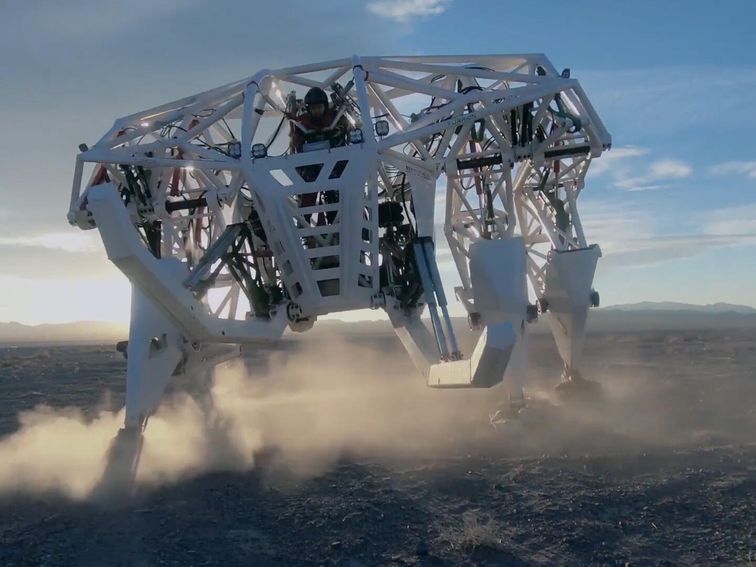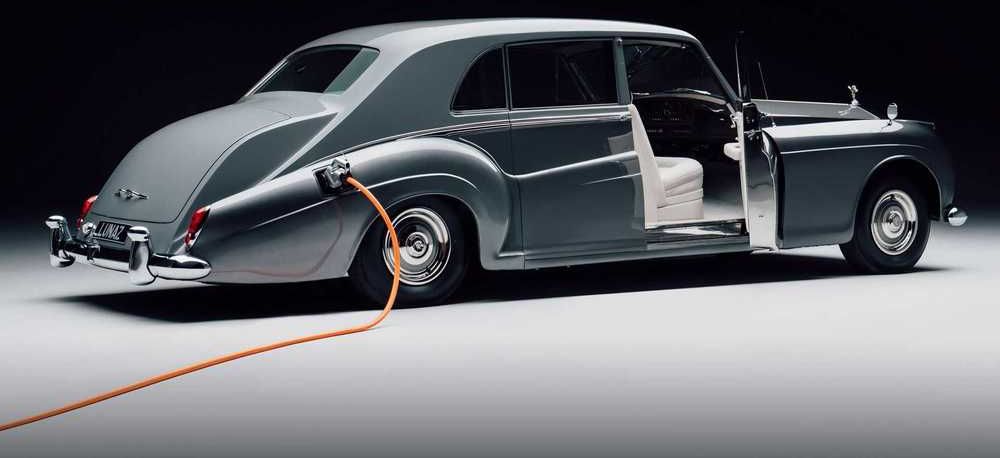Reliable Robotics, a startup developing autonomous flight technologies, this week emerged from stealth with $33.5 million in venture capital funding. Cofounder and CEO Robert Rose says the funds will be used to scale production of the company’s products and bring on new engineering talent.
Aviation companies pursuing autonomous transportation include Uber, Boeing, and Honeywell. According to management consulting firm Oliver Wyman, replacing single-pilot operations with autonomous planes could save airlines as much as $60 billion annually. Pandemic headwinds have only reinvigorated the search for cost-cutting opportunities, as Statista estimates airlines will lose at least $314 billion in revenue in 2020.
Looking to expedite their path to market, companies like Xwing, Airbus, and Elroy Air have explored retrofitting existing aircraft rather than developing hardware from scratch. Reliable Robotics, which was founded in 2017 by Rose and VP of engineering Juerg Frefel, aims to develop a platform that imbues any fixed-wing plane with autonomous capabilities.







